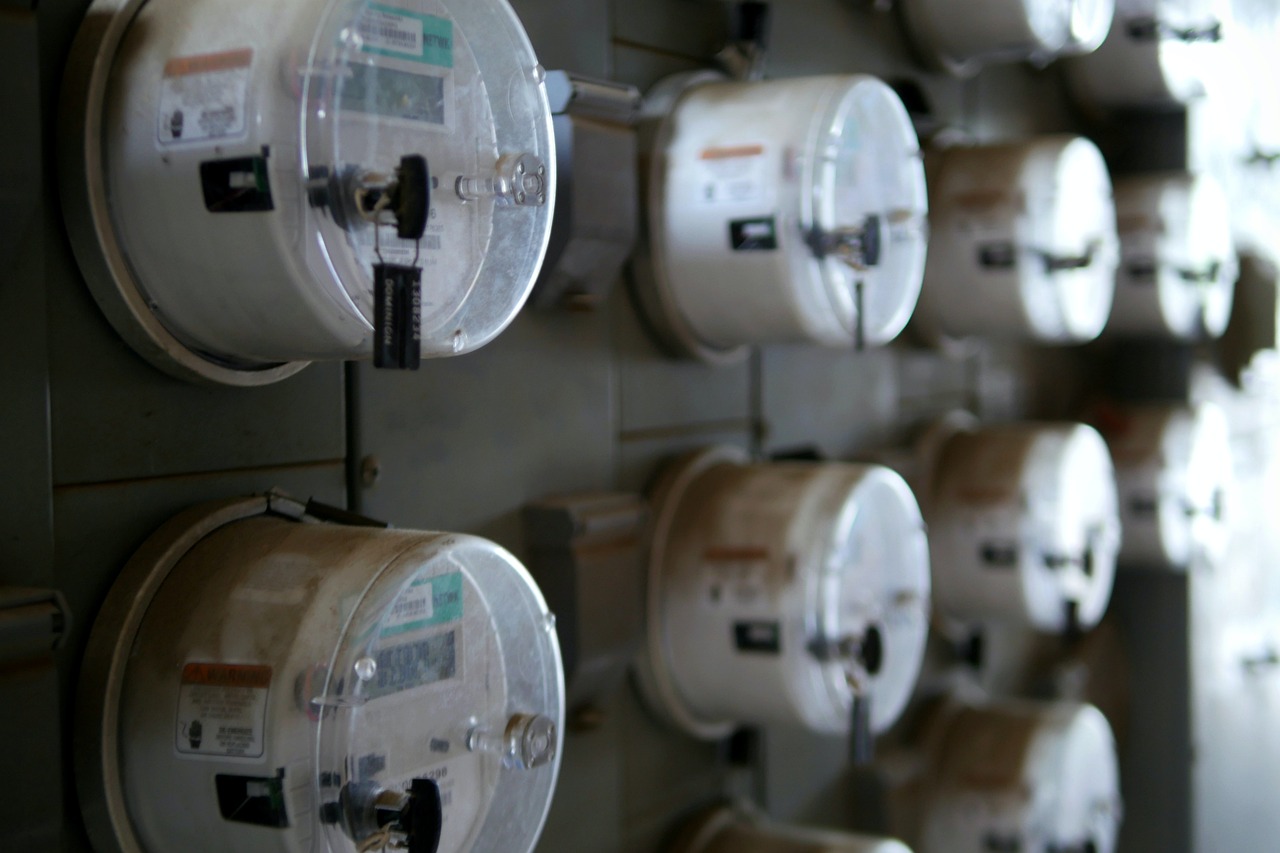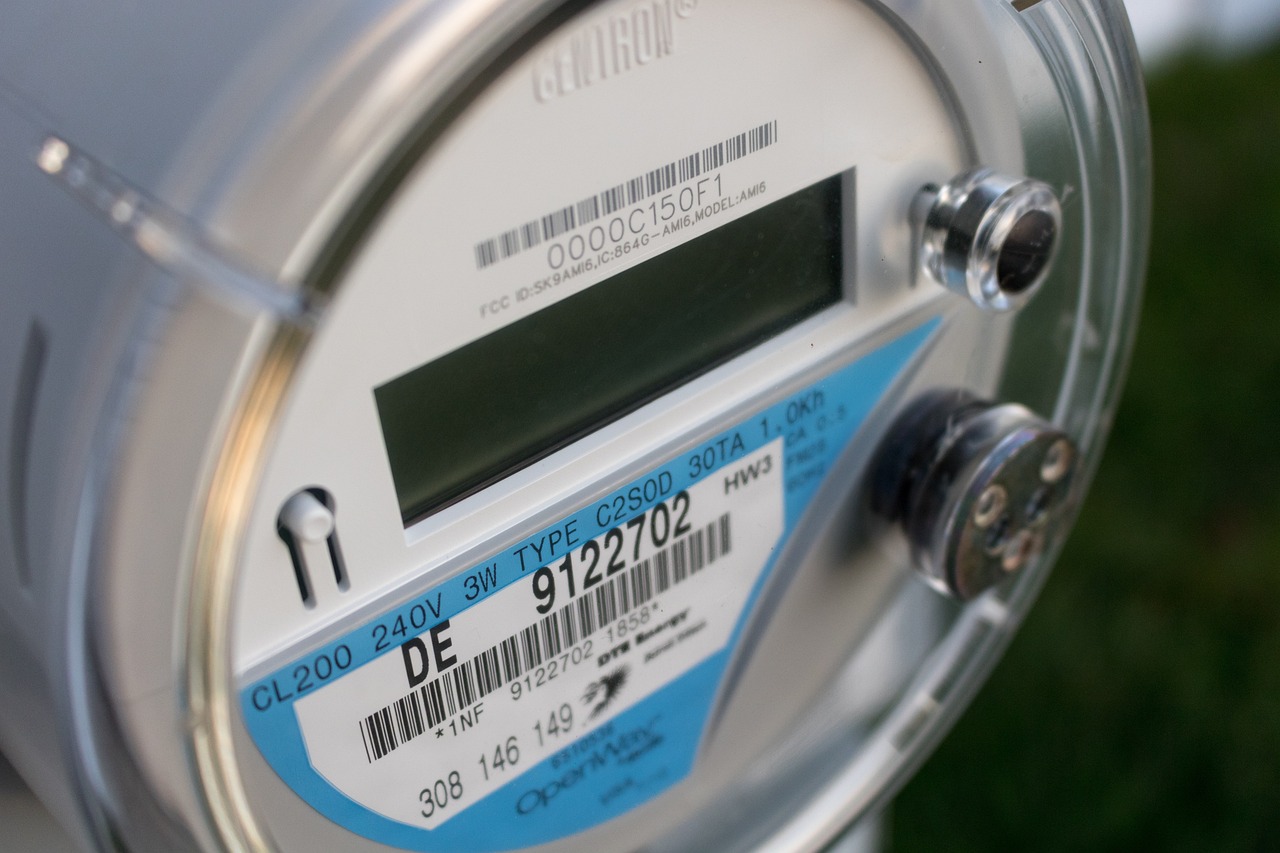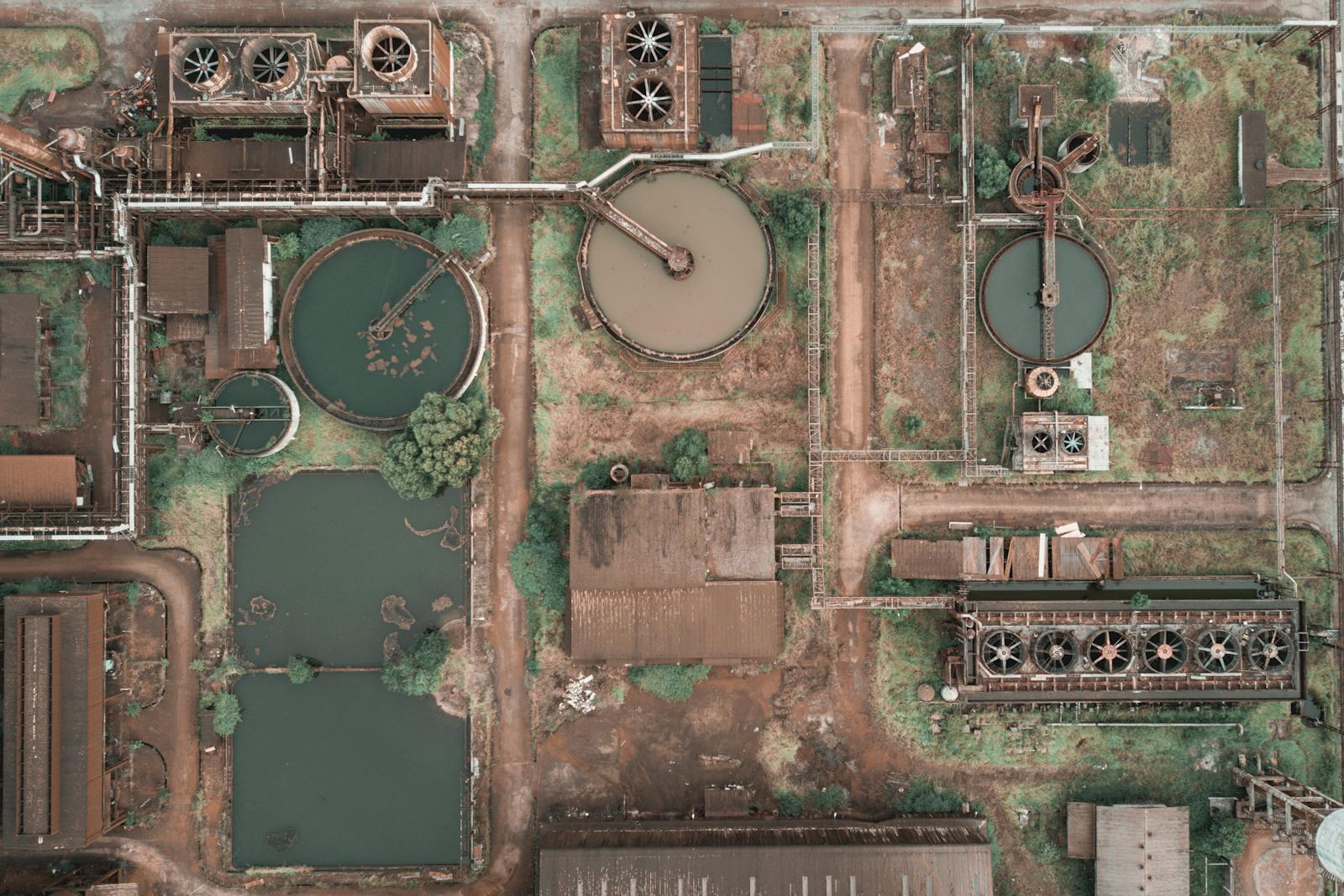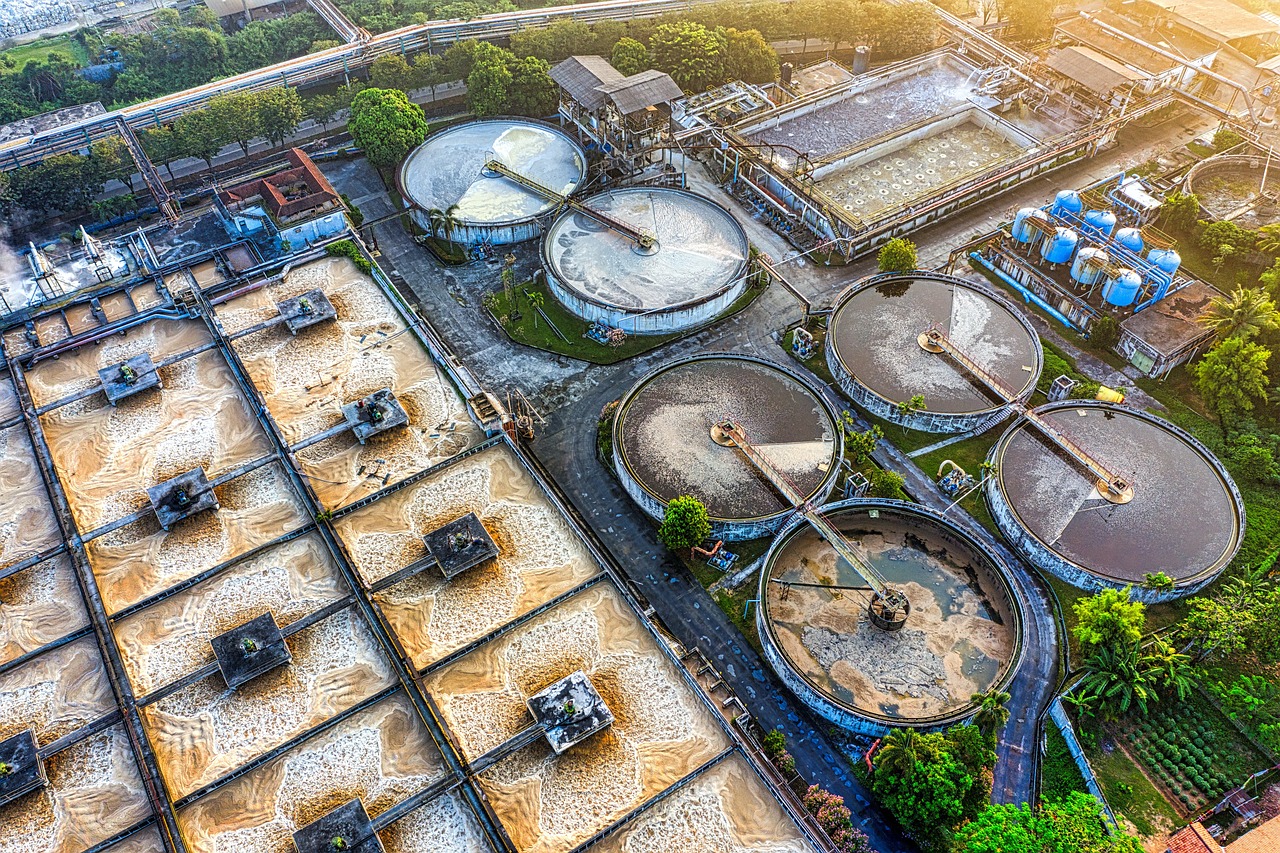Fresno Tap Water
Discover the quality and safety of Fresno’s tap water, including ratings on taste, pH levels, hardness, contaminants, and sustainability efforts.
Fresno Tap Water
Discover the quality and safety of Fresno’s tap water, including ratings on taste, pH levels, hardness, contaminants, and sustainability efforts.
Fresno Tap Water Ratings
💧 Tap Water Quality Score
✅ Safety Standards Met
Yes
👅 Taste Rating
⚖️ pH Level
7.6
🪨 Hardness Level
Hard
⚠️ Common Contaminants
Includes nitrates, arsenic, and chlorine byproducts, but all within regulatory limits.
🧫 Microbial Safety
Safe
🧴 Chlorine Level
0.8 mg/L mg/L
🦷 Fluoride Level
0.7 ppm ppm
🌍 Environmental Sustainability Score
Public Health and Water Management in Fresno, CA
Fresno prioritizes public health by maintaining a safe, reliable water supply through rigorous treatment processes, continuous quality monitoring, and proactive public education. The city’s water management system safeguards residents from contaminants and ensures compliance with stringent health standards.
Safe Drinking Water Standards
Fresno’s water is treated to meet or exceed EPA and California State safety standards. Advanced treatment processes, including filtration, disinfection, and chemical balancing, ensure the removal of harmful substances such as bacteria, viruses, and heavy metals.
Comprehensive Water Testing
The city conducts regular water quality testing, monitoring for contaminants such as nitrates, arsenic, and chlorine byproducts. Annual Consumer Confidence Reports (CCRs) provide transparency, detailing the water’s safety and compliance status.
Microbial Safety
Fresno’s water treatment facilities utilize chlorination and ultraviolet (UV) disinfection to eliminate microbial pathogens, ensuring residents are protected from waterborne diseases.
Fluoride for Dental Health
The city adds fluoride to its water at a level of 0.7 ppm, as recommended by the Centers for Disease Control and Prevention (CDC), to support dental health and reduce tooth decay.
Stormwater and Pollution Control
Fresno actively manages stormwater to prevent pollution of local water supplies. Programs like Think Water Fresno educate the public about preventing contamination from urban runoff, which can carry pollutants into drinking water sources.
Emergency Preparedness
Fresno’s water management system is equipped to handle emergencies such as contamination incidents, droughts, and infrastructure failures. Backup supplies and rapid response protocols ensure uninterrupted access to safe drinking water.
Public Health Education
Community outreach programs inform residents about water safety, conservation, and proper water usage. Workshops and resources teach households how to prevent plumbing-related contamination and optimize water efficiency.
Addressing Contaminants
While some naturally occurring contaminants like arsenic and nitrates are present in groundwater, the city’s treatment processes ensure levels remain within regulatory limits, protecting public health.
Infrastructure and Technology in Fresno’s Water Management
Fresno’s water management system relies on a combination of robust infrastructure and advanced technology to ensure the efficient and sustainable delivery of water. From treatment plants to recharge basins, the city continues to modernize its systems to meet growing demands and address environmental challenges.
Water Treatment Facilities
Fresno operates state-of-the-art water treatment plants that use multi-stage filtration, chlorination, and ultraviolet (UV) disinfection to ensure water quality. These facilities process millions of gallons daily, meeting EPA and state safety standards.
Groundwater Recharge Systems
The city utilizes an extensive network of recharge basins to capture and store stormwater and treated surface water. These basins replenish underground aquifers, combatting over-extraction and ensuring long-term groundwater availability.
Pipeline and Distribution Networks
Fresno’s water distribution system includes a vast network of pipelines, pumping stations, and storage reservoirs. Regular maintenance and modernization reduce leaks, enhance reliability, and improve overall system efficiency.
Stormwater Management Infrastructure
Fresno’s stormwater system includes drainage channels, retention basins, and bioswales to manage urban runoff. These systems prevent flooding, improve water quality, and recharge groundwater supplies.
Smart Water Meters
The city has implemented smart water meters to track real-time water usage. These meters help detect leaks, provide detailed consumption data, and encourage residents to conserve water by offering greater transparency and control over their usage.
Water Recycling Systems
Fresno employs tertiary-treated water recycling for non-potable uses, such as landscaping, industrial processes, and agricultural irrigation. This reduces pressure on potable water supplies while supporting sustainability initiatives.
Data-Driven Management
Fresno leverages real-time monitoring systems to track water flow, usage patterns, and infrastructure performance. These tools enable proactive maintenance, optimize resource allocation, and improve overall system efficiency.
Energy Efficiency in Operations
The city incorporates energy-efficient pumps and equipment into its water treatment and distribution processes. Renewable energy sources, such as solar power, are being integrated into operations to reduce the system’s carbon footprint.
Low-Impact Development (LID)
Urban planning in Fresno incorporates LID techniques, such as permeable pavements and green roofs, to manage stormwater on-site. These developments reduce runoff, filter pollutants, and recharge local water systems.
Water Management System in Fresno, CA
Fresno’s water management system is designed to address the city’s reliance on groundwater, increasing population, and agricultural demands. By combining advanced infrastructure, sustainable practices, and community engagement, Fresno ensures a reliable and efficient water supply for its residents and industries.
Primary Water Sources
Fresno relies on a combination of groundwater and surface water to meet its water needs:
- Groundwater: Drawn from the Kings Subbasin Aquifer, groundwater is Fresno’s primary water source, accounting for most of the city’s supply.
- Surface Water: Treated surface water from the Kings River, San Joaquin River, and Pine Flat Reservoir supplements groundwater resources.
Groundwater Sustainability
Under California’s Sustainable Groundwater Management Act (SGMA), Fresno has implemented strategies to stabilize groundwater levels and prevent over-extraction. These include recharge basins that capture stormwater and treated water to replenish aquifers.
Water Treatment Facilities
Fresno operates modern water treatment plants that use advanced technologies like filtration, chlorination, and UV disinfection. These facilities ensure the city’s water meets or exceeds EPA and California State safety standards.
Stormwater Management
The city manages stormwater through a system of retention basins, drainage channels, and bioswales, which prevent flooding and reduce pollution. Captured stormwater is directed to recharge basins to support groundwater sustainability.
Water Recycling Programs
Tertiary-treated recycled water is used for non-potable purposes, such as irrigation, landscaping, and industrial applications. Expanding the use of recycled water reduces demand on potable water supplies and supports conservation efforts.
Smart Water Technology
Fresno has implemented smart water meters to track real-time water usage, detect leaks, and improve billing accuracy. These meters enable efficient water management and encourage conservation among residents and businesses.
Public Education and Engagement
Programs like Think Water Fresno promote community awareness about water conservation and the importance of sustainable practices. Rebates for water-efficient appliances and drought-tolerant landscaping encourage public participation in water-saving initiatives.
Emergency Preparedness
The city has robust emergency plans to address water-related crises, including droughts, contamination, and infrastructure failures. Backup systems and rapid response protocols ensure continued access to safe water during emergencies.
Challenges and Future Planning
Fresno’s water management system faces challenges like groundwater depletion, drought, and balancing agricultural and urban water demands. However, the city’s investment in infrastructure, technology, and sustainable practices ensures resilience and long-term water security.
A Sustainable Water Future
Fresno’s water management system demonstrates a commitment to innovation, sustainability, and community involvement. By diversifying water sources, adopting advanced technologies, and engaging the public, Fresno ensures its water resources are managed responsibly for future generations.
Water Resource Availability in Fresno, CA
Fresno’s water resource availability is shaped by its location in California’s Central Valley, a semi-arid region reliant on a mix of groundwater, surface water, and conservation efforts. With increasing demands from urban development and agriculture, Fresno has adopted strategies to balance water use and ensure sustainability.
Primary Water Sources
- Groundwater: The Kings Subbasin Aquifer serves as Fresno’s primary water source, supplying most of the city’s water. Over-extraction in past decades has led to groundwater depletion, making sustainable management a top priority.
- Surface Water: Fresno receives treated water from the Kings River, San Joaquin River, and Pine Flat Reservoir, which supplement the city’s groundwater supply during wetter seasons.
Groundwater Recharge Systems
Fresno has established extensive recharge basins that capture stormwater and excess surface water to replenish depleted aquifers. These systems play a critical role in stabilizing groundwater levels and preventing land subsidence.
Rainfall and Stormwater Capture
Fresno averages about 11 inches of rainfall annually, making natural water availability limited. The city encourages rainwater harvesting through rebate programs and infrastructure that redirects stormwater to recharge basins, maximizing its utility.
Water Recycling Programs
The city operates tertiary-treated recycled water systems for non-potable uses, such as landscaping and industrial processes. This reduces the strain on freshwater supplies while supporting sustainable water practices.
Challenges to Water Resource Availability
- Drought: Frequent droughts and reduced Sierra Nevada snowpack affect surface water availability, increasing reliance on groundwater.
- Agricultural Demand: Fresno’s agricultural economy requires significant water resources for irrigation, creating competition with urban water needs.
- Groundwater Overdraft: Decades of over-reliance on aquifers have lowered water tables, requiring sustainable extraction practices under the Sustainable Groundwater Management Act (SGMA).
Conservation and Sustainability Efforts
Fresno actively promotes water conservation through public education, rebates for efficient appliances, and drought-tolerant landscaping programs. These initiatives reduce overall demand and support sustainable water use across sectors.
Future Planning and Resilience
Fresno’s focus on diversifying water sources, expanding recycled water use, and improving recharge infrastructure ensures long-term water availability despite environmental challenges. The city continues to invest in innovative solutions to secure its water resources for future generations.
Environmental Impact of Water Management in Fresno, CA
Fresno’s water management practices have significant environmental implications, shaped by its reliance on groundwater, agricultural demands, and the need for urban water sustainability. While the city has implemented strategies to reduce its environmental footprint, challenges such as groundwater depletion, habitat disruption, and energy use remain key issues.
Positive Environmental Contributions
- Groundwater Recharge: Fresno utilizes recharge basins to combat aquifer depletion. By capturing stormwater and excess surface water, these basins replenish underground water supplies, mitigating land subsidence and ensuring long-term sustainability.
- Water Recycling: The city’s tertiary-treated recycled water system reduces the strain on freshwater resources and minimizes wastewater discharge, helping to preserve local ecosystems.
- Stormwater Management: Infrastructure like bioswales and retention basins improves water quality by filtering pollutants from urban runoff before they enter natural waterways.
- Drought-Tolerant Landscaping: Fresno promotes the use of native and drought-resistant plants, reducing outdoor water consumption and supporting local biodiversity.
Environmental Challenges
- Groundwater Depletion: Historic over-extraction of groundwater has lowered aquifer levels, causing land subsidence and reducing future water availability. Efforts to manage sustainable withdrawal are ongoing.
- Energy Consumption: Pumping and treating groundwater and distributing water across the city require significant energy, contributing to greenhouse gas emissions.
- Habitat Disruption: The construction of dams, reservoirs, and canals to manage water resources has altered natural river flows, impacting aquatic habitats and reducing biodiversity.
- Agricultural Water Use: Fresno’s agricultural sector consumes substantial amounts of water, often at the expense of natural ecosystems and urban needs. Fertilizer and pesticide runoff can also pollute local water bodies.
- Urban Runoff Pollution: Despite improvements, stormwater runoff during heavy rains can carry pollutants like oil, fertilizers, and chemicals into rivers and aquifers, threatening water quality.
Mitigation and Conservation Strategies
- Renewable Energy Integration: Fresno is exploring the use of solar and other renewable energy sources to power its water infrastructure, reducing the carbon footprint of water management operations.
- Wetland Restoration: Efforts to restore nearby wetland areas, such as the San Luis National Wildlife Refuge, help offset habitat loss and improve water quality.
- Public Education Campaigns: Programs like Think Water Fresno encourage residents to reduce water waste and prevent pollution, fostering a conservation mindset throughout the community.
- Sustainable Agriculture Practices: Collaborations with local farmers promote efficient irrigation methods like drip irrigation and precision agriculture to minimize water use and reduce runoff.
Water Management In Fresno
Get notified on new water management news, updates & advancements in Fresno.
Shop Books, eBooks, Audiobooks
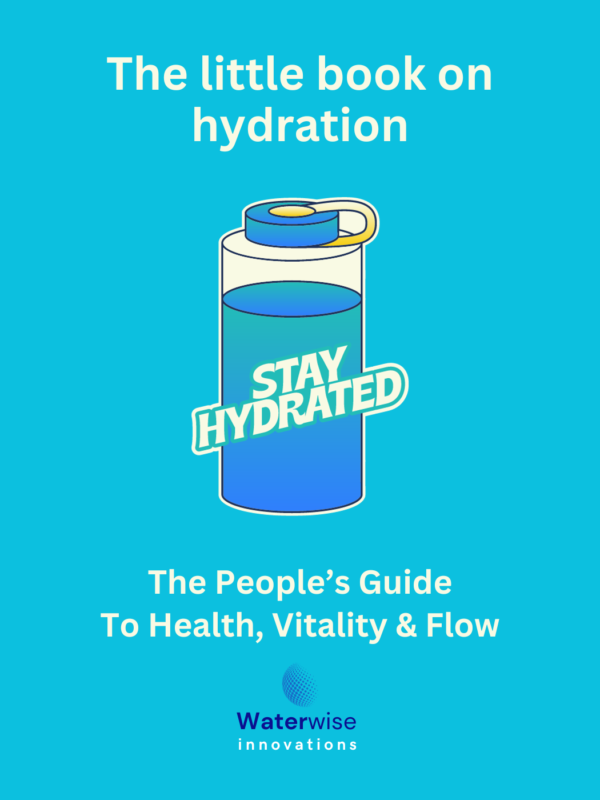
The Little Book on Hydration: The People’s Guide To Health, Vitality & Flow (Audiobook)
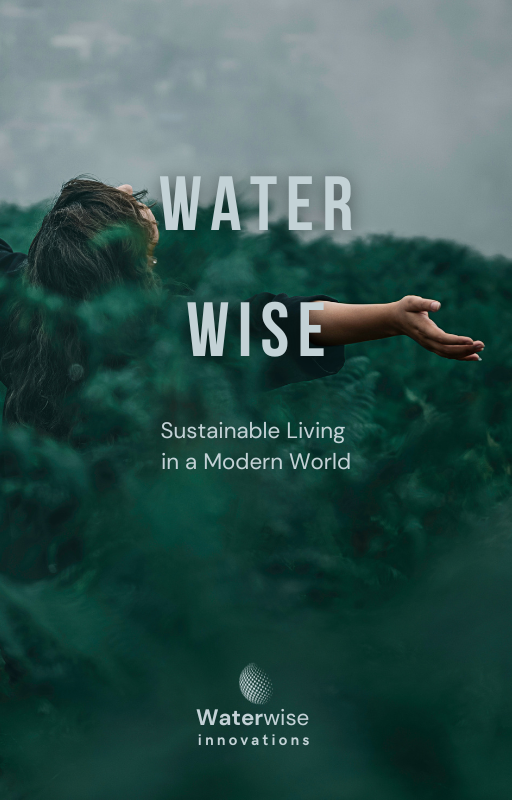
Water Wise: Sustainable Living in a Modern World
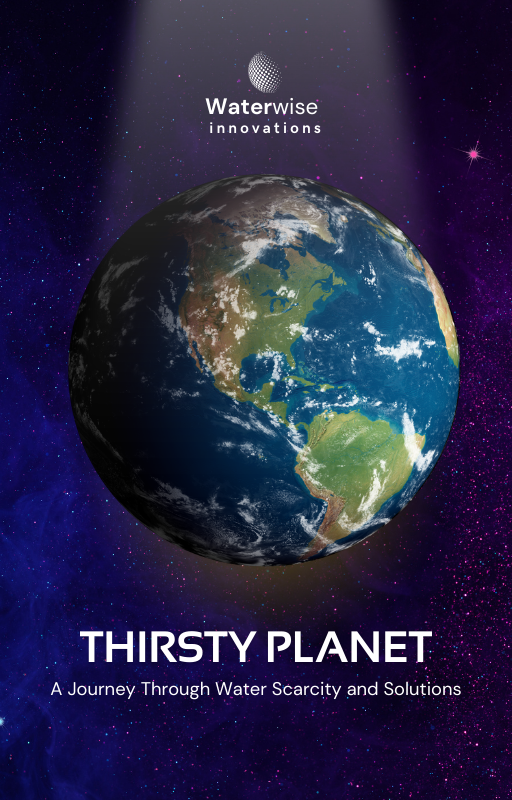
Thirsty Planet: A Journey Through Water Scarcity and Solutions
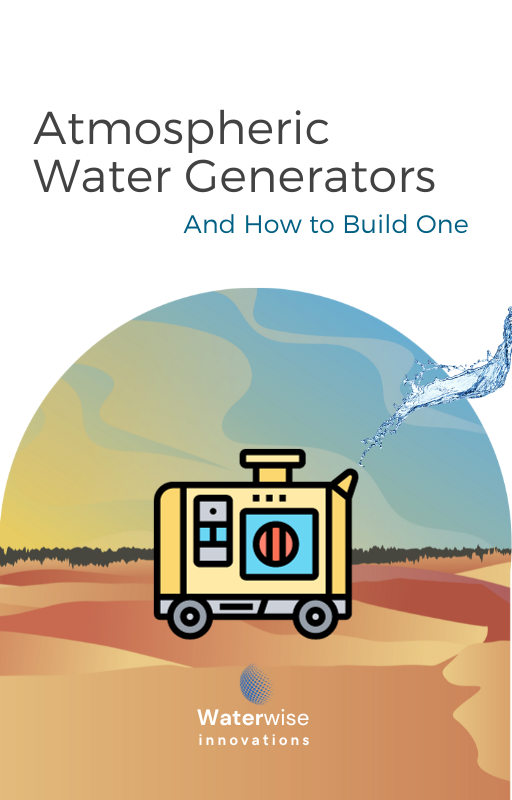
Atmospheric Water Generators: And How to Build One
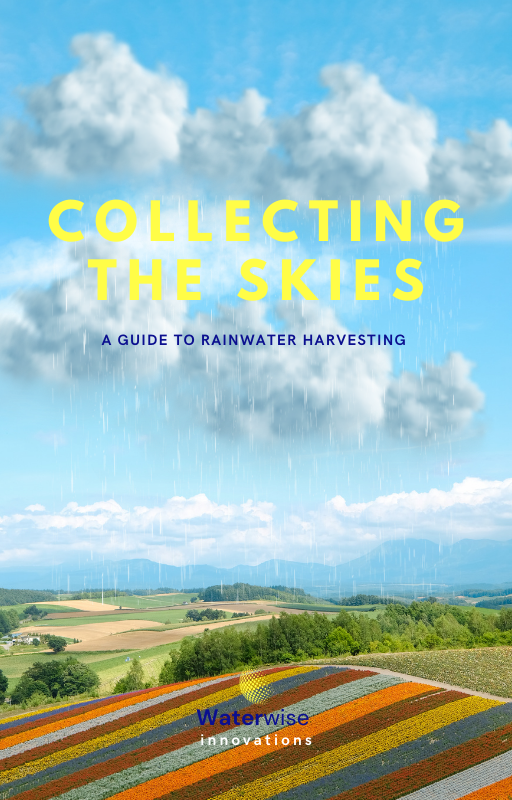
Collecting the Skies: A Guide to Rainwater Harvesting

The Little Book on Hydration: The People’s Guide To Health, Vitality & Flow
Reviews of Fresno Tap Water
There are no reviews yet. Be the first one to write one.
There are no reviews yet. Be the first one to write one.












